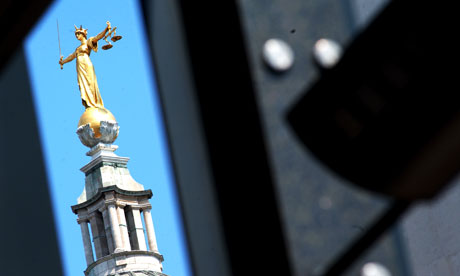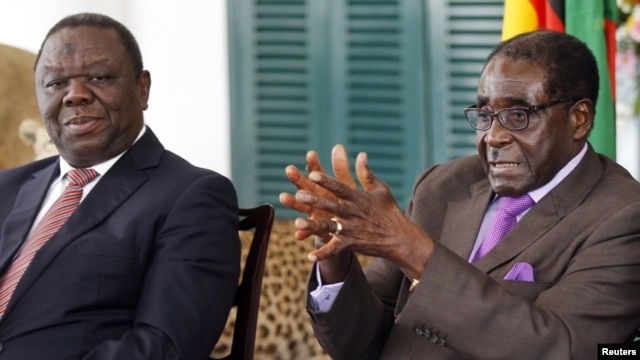By Mark O’Brien
Impunity Watch Reporter, North America
WASHINGTON, United States — In a protest of Russia’s repression on civil rights and activism, the U.S. State Department announced on Friday that it was leaving a bilateral group aimed at promoting civil society in both countries.

Thomas Melia, deputy secretary of state in the Bureau of Democracy, Human Rights and Labor, said the Working Group on Civil Society of the Russian-American Bilateral Presidential Commission was not working.
“[The group] is no longer an appropriate or effective forum that would facilitate the development and strengthening of civil society,” Melia said in an interview with Interfax.
A spokesperson for Russian President Vladimir Putin called the United States’s decision to withdraw “regrettable.”
But Matthew Rojansky of the Carnegie Endowment for International Peace blamed Putin’s government for the U.S. withdrawal. Rojansky told the Washington Post that the Russian government is not taking any of the necessary steps to ensure a civil society.
“We take these things seriously,” Rojansky said in the Post interview, characterizing the American message. “And you have shown you don’t take them seriously.”
The American pull out comes amid tense relations between Washington and Moscow.
In the last year, Russia has clamped down on demonstrations amid opposition protests that the government blamed the United States for supporting. Putin’s government also began prosecuting many political activists, as well as requiring nonprofit electoral and human rights groups receiving money from abroad register as “foreign agents.”
In December, the United States imposed financial and visa sanctions against corrupt Russian officials. Russia responded by banning American adoption of children from Russia.
Russia also has outlawed the U.S. Agency for International Development. And most recently, just last month, Putin signed a law that bans American organizations considered involved in political activity.
When asked the U.S. withdrawal from the working group, Melia’s Russian counterpart, Konstantin Dolgov, said he had not received official notice yet.
“We have not yet received any written official documents on Washington’s decision to withdraw from this format of dialogue with Russia,” Dolgov told Interfax.
“We will react officially when we get official notification,” he added. “We can now say that Russia has made specific proposals to our U.S. colleagues to call another meeting of the working group, which was to be held in Moscow throughout 2013.”
The working group was one of about 20 in a bilateral U.S.-Russia commission started in 2009 by President Barack Obama and Russia’s then-president, Dmitry Medvedev, as relations between the two countries were warming.
For further information, please see:
RT — Moscow Regrets US Pullout from Bilateral Commission on Human Rights — 26 January 2013
Chicago Tribune — U.S. Quits Bilateral Civil Society Group in Rebuke to Russia — 25 January 2013
Russia Beyond the Headlines — Washington Quits U.S.-Russia Civil Society — 25 January 2013
Washington Post — U.S. Quits Joint Panel with Russia on Civil Society — 25 January 2013



